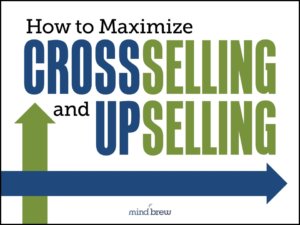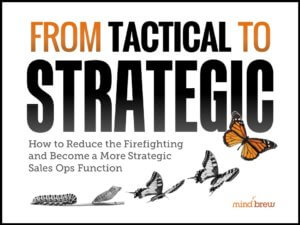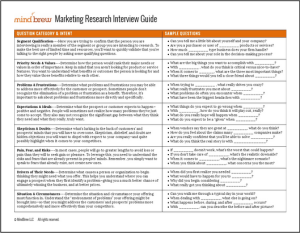If, like us, you have found your waistline expanding a bit during the pandemic, you might find this bit of research into food presentation interesting. Scientists devised an experiment with two buffet lines. In one line, the food was arranged with the healthiest options first descending down to the least healthy options. The other was exactly the opposite; the good-tasting unhealthy food came first with healthy options at the very end.
It doesn’t seem too surprising that people in the second line ate more unhealthy food. But what is surprising is the amount of impact that the presentation order had. In fact, 75% of people ate the first food they saw, whether it was fruit or bacon, and the first three foods in each buffet comprised 66% of everything people put on their plates. If people saw fruit and granola and low-fat yogurt first, they ate a lot of it, even if bacon and cheesy eggs and cinnamon rolls were sitting just a few feet away!
We find this article fascinating not only because we’d like to get rid of our “quarantine fifteen” but also because the order of presentation findings have a lot of implications for sales ops. Consider:
- Cross-Sell/Up-Sell: How much more could your salespeople sell if they presented cross-sell and up-sell opportunities first, instead of as an afterthought at the end of your product buffet? Check out How to Maximize Cross-Selling and Up-Selling for more ideas that might help you get more sales from existing customers.
- Pricing/Negotiation: Most pricing negotiations happen internally. That is, teams argue amongst themselves, often agreeing on a lower price before they ever present anything to the customers. Imagine what might happen if you simply presented several options to the customer, with the most attractive from your point-of-view positioned first. For additional tips, see Negotiating Profitable Deals.
- Metrics/Reports: When you present data to leadership, they will probably focus on the first few things they see. Just like laying food out on a buffet, you want to be cognizant of the information you share first and how it will influence their decisions. Delivering Data to Decision-Makers has a lot of other helpful advice that can make your next executive presentation go more smoothly.
- Product Preference: Your customers and prospects will be predisposed to the first few products they run across. What are the sales and marketing teams doing to help improve that predisposition? The webinar on Avoiding Five Margin-Killing MarCom Mistakes delves deeper into the relationship between marketing and sales and what you can do to improve the situation.
- Redirecting Blame: Sales ops is often the messenger that brings bad news, and if you aren’t careful, you can get blamed for the problems you are trying to fix. Keep in mind that people will latch on to the first idea they hear when helping people understand how to address the root causes of problems. And of course, you’ll also want to be aware that you’ll be tempted to consider the first issue you see as the root-cause of larger problems, when that might not be the case. For more help with finding and presenting root causes, watch Diagnosing Sales Problems.
It may be a long, long time before any of us are in a buffet line again. But that doesn’t mean we can’t apply these psychological lessons in other ways.
And in the meantime, if you need us, we’ll be reorganizing the fridge and pantry.
How to Maximize Cross-Selling and Up-Selling
Negotiating Profitable Deals
Delivering Data to Decision-Makers
Avoiding Five Margin-Killing MarCom Mistakes
Diagnosing Sales Problems















